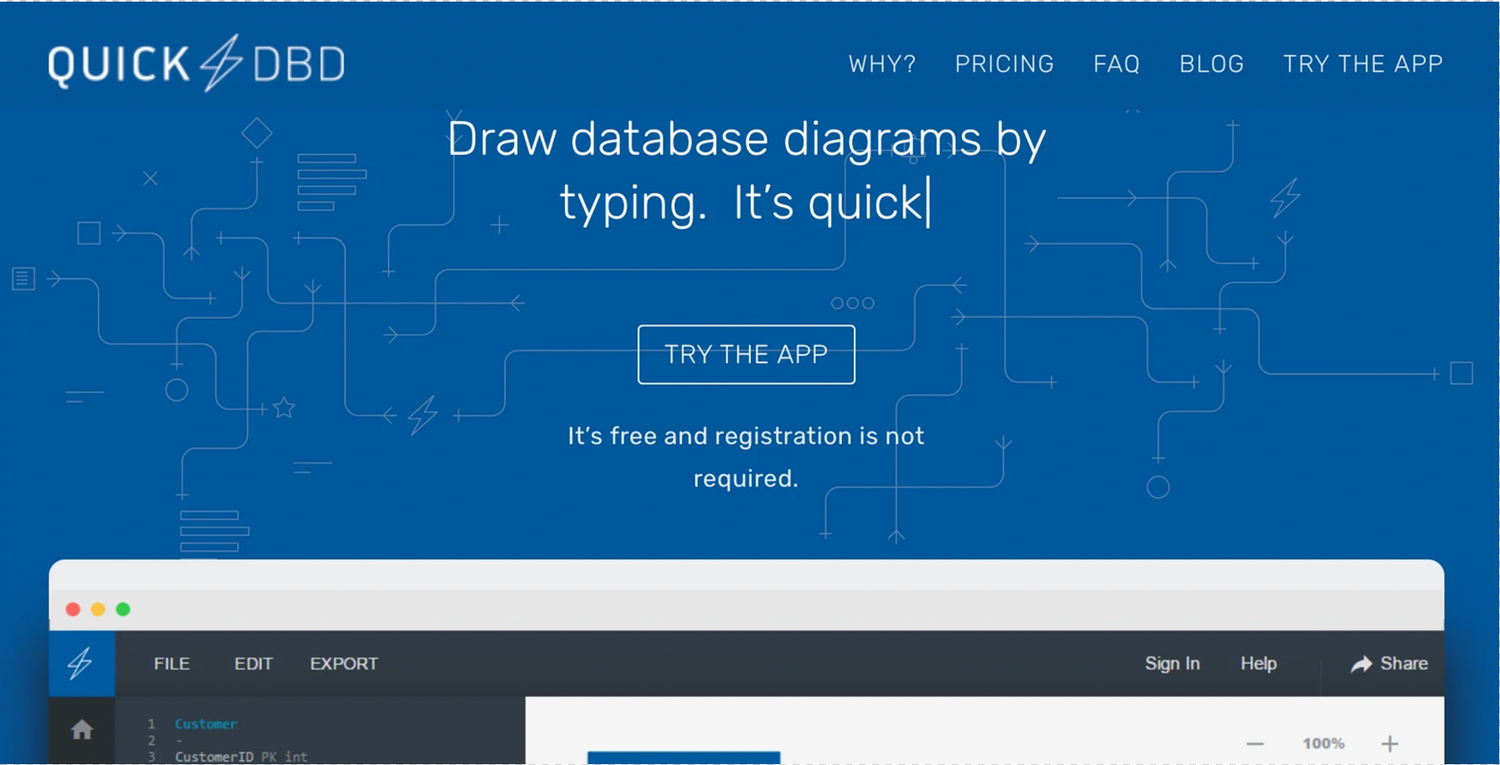Market research is imperative for any successful business, and this holds especially true for eCommerce ventures. In the dynamic online selling world, understanding your target market, customer preferences, and industry trends becomes crucial for driving growth and making informed decisions.
Moreover, market research helps mitigate risks, reduce uncertainties, and maximize the return on investment (ROI) by focusing resources on the most promising market segments.
Conducting thorough market analysis empowers eCommerce businesses to gain a competitive edge. It helps identify new opportunities and increase sales. Entrepreneurs can tailor their products and marketing efforts by catering to the client's needs. This may help them deliver a personalized experience that resonates with potential customers.
In this article, we'll explore everything you need to know to conduct market research for your ecommerce business.
Types of Market Research
Primary Research
Primary Research is gathering information using your internal resources. For example, using questionnaires or survey forms. You may conduct in-person interviews or join online focus groups.
Secondary Research
Secondary Research uses the information and conclusions created by someone else.
This may include government statistics and industry reports.
How To Conduct Market Research
Let’s look at ways to conduct marketing research for your eCommerce business.
Keyword Research
If you plan to sell a product online, keyword research might help you determine whether there is a market for it.
High search volumes do not imply a product will be successful. Still, it can show people are genuinely interested in it.
Keyword research is also helpful when developing inbound marketing plans. This will enable you to identify chances for using search engine optimization (SEO) to produce organic traffic.
A few of the well-known free tools for keyword research are:
- Google Keyword Planner
- Keyword Tool
- Ubersuggest
You can use a paid product like Ahrefs or SEMRush for more extensive information.
Analyze Competition and Recent Trends
Once you know what your eCommerce store would be like, you must assess the market trends and analyze your competitors.
You may use secondary market research to study pain points you can meet. Learning more about your product market will be easier if you can access public databases, journals, and industry reports.
You may analyze competitions and look for the positive points that make them successful. You should also determine their negative points so that you can be better than them. You don’t have to copy them; cherry-pick their best practices.
Your research should also include the latest consumer trends. You may use Google Trends for this. You may determine if your product is a temporary trend or something that evolves by tracking changes in search demand for the right keywords.
Use Social Media
Another crucial component of eCommerce market research is observing social media. This may incorporate both secondary and primary research methods.
You may visit the online groups where your potential clients meet to learn more about their demands, wants, and problems.
Keep your online business research focused on the following to prevent falling too far down the internet rabbit hole:
- Observing influential people in your industry.
- Analyze their views, interactions, and recent brand collaborations.
- Track relevant hashtags.
- Choose the hashtags that are the most appropriate for your items, and then make it a point to check them constantly.
- Assess the competition.
- Pay attention to what others are saying about your rivals. Finding out their skills and shortcomings in this way is a terrific idea.
Analyze Your eCommerce Website
Once you've gathered enough information, test your company concept by putting it in front of the general public.
You may use Google Analytics to optimize your website traffic. An ongoing analysis, testing, and action cycle will make your e-commerce site a successful foundation for your company. This will guarantee that clients have a positive purchasing experience.
Use Customer Feedback
Collecting customer reviews and feedback is one of the best ways to understand your market.
You can send online survey forms to your customers and gather their opinions through automated emails.
Another way is to conduct short interviews, whether in person or on call. This will give you an idea of what your customers look for when buying a product or service.
The Bottom Line
Market research is vital for eCommerce success. Businesses will gain insights into their target market, customer preferences, and industry trends.
With this knowledge, entrepreneurs can make informed decisions, refine their strategies, and create a unique and compelling online shopping experience that resonates with their customers.
By embracing a customer-centric approach and continuously monitoring the market landscape, you can stay ahead of the competition, drive growth, and build a thriving e-commerce business.



